Navigating the Year of Grace: A Comprehensive Guide to Catholic Holidays in 2025
Related Articles: Navigating the Year of Grace: A Comprehensive Guide to Catholic Holidays in 2025
Introduction
With enthusiasm, let’s navigate through the intriguing topic related to Navigating the Year of Grace: A Comprehensive Guide to Catholic Holidays in 2025. Let’s weave interesting information and offer fresh perspectives to the readers.
Table of Content
Navigating the Year of Grace: A Comprehensive Guide to Catholic Holidays in 2025
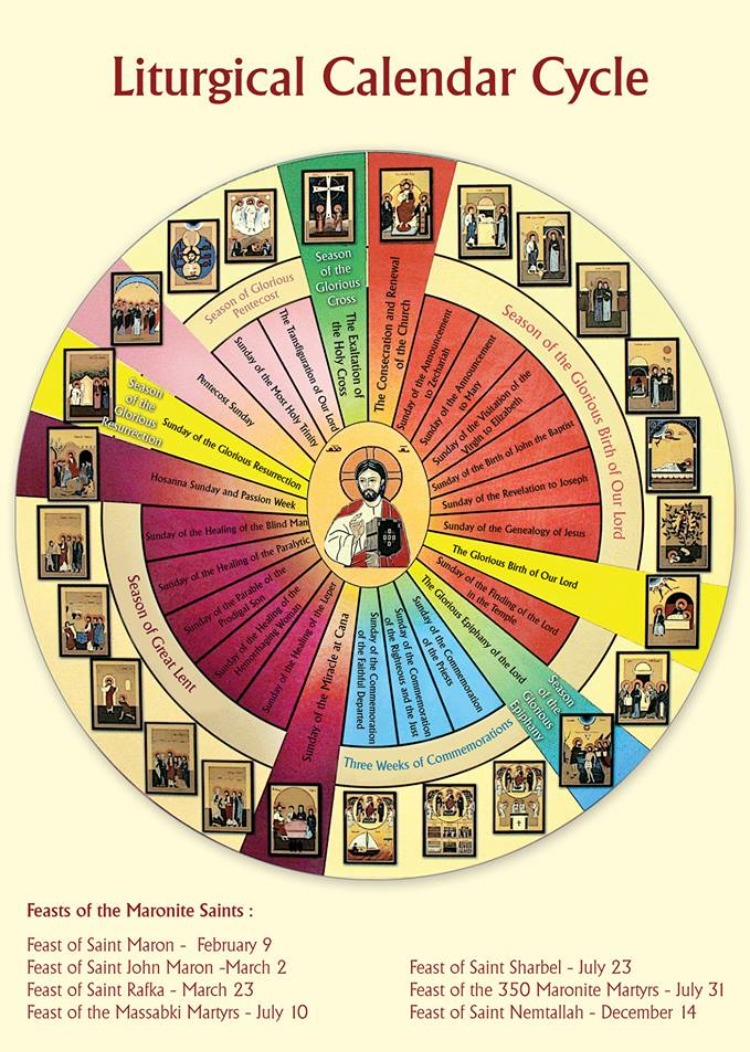
The Catholic liturgical calendar is a vibrant tapestry woven with the threads of faith, tradition, and remembrance. Each observance, from the solemnity of Christmas to the quiet reflection of Lent, provides opportunities for spiritual growth and deepening connection with God. This guide delves into the key Catholic holidays in 2025, offering insights into their significance and providing practical suggestions for engaging with them.
January:
-
January 1: Solemnity of Mary, Mother of God. This feast celebrates Mary’s role as the mother of Jesus and her place as a model of faith and devotion. It is a day for reflecting on the divine motherhood of Mary and her role in the salvation of humanity.
-
January 6: Epiphany. Commemorating the visit of the Magi to the infant Jesus, Epiphany signifies the revelation of Christ to the world. It is a time to celebrate the universality of God’s love and the call to share the Gospel with all people.
February:
- February 2: Presentation of the Lord. This feast commemorates the presentation of Jesus at the Temple in Jerusalem, marking the beginning of his public ministry. It is a day to reflect on the dedication of one’s life to God and the importance of offering oneself in service to others.
March:
- March 19: Saint Joseph, Husband of the Blessed Virgin Mary. This feast honors Saint Joseph, the foster father of Jesus, as a model of faithfulness, hard work, and dedication to family. It is a time to seek his intercession for those seeking protection, guidance, and strength.
April:
-
April 9: Palm Sunday. This day commemorates Jesus’ triumphal entry into Jerusalem, marking the beginning of Holy Week. It is a time to prepare for the Passion and Death of Christ, reflecting on his sacrifice and the meaning of suffering.
-
April 10: Holy Thursday. Commemorating the Last Supper, Holy Thursday is a time to reflect on Jesus’ institution of the Eucharist and the washing of the feet, signifying humility and service. It is a day to deepen one’s understanding of the Eucharist and its importance in the life of a Catholic.
-
April 11: Good Friday. This day observes the crucifixion and death of Jesus Christ. It is a solemn day of fasting and prayer, reflecting on the sacrifice Jesus made for humanity and the profound love he holds for each person.
-
April 12: Holy Saturday. This day marks the period between the crucifixion and the resurrection of Jesus. It is a time of waiting and anticipation, a reminder of the darkness that preceded the light of Easter.
-
April 13: Easter Sunday. The most important feast in the Christian calendar, Easter celebrates the resurrection of Jesus Christ from the dead. It is a day of joy and celebration, signifying the victory of life over death and the hope of eternal life.
May:
-
May 1: Saint Joseph the Worker. This feast celebrates Saint Joseph as a model for all workers, emphasizing the dignity of labor and the importance of finding God in daily life. It is a time to reflect on one’s work and its connection to God’s plan.
-
May 13: Our Lady of Fatima. This feast commemorates the apparitions of the Virgin Mary to three shepherd children in Fatima, Portugal. It is a time for prayer and reflection on the messages of peace, repentance, and devotion to the Virgin Mary.
June:
- June 29: Saints Peter and Paul, Apostles. This feast celebrates the martyrdom of Saint Peter and Saint Paul, two of the most important figures in the early Church. It is a day to reflect on their unwavering faith, their dedication to spreading the Gospel, and their willingness to sacrifice their lives for Christ.
August:
- August 15: Assumption of the Blessed Virgin Mary. This feast celebrates the bodily assumption of Mary into Heaven. It is a day to reflect on Mary’s triumph over death and her role as a model of hope and faith.
September:
-
September 8: Nativity of the Blessed Virgin Mary. This feast celebrates the birth of Mary, the mother of Jesus. It is a day to reflect on her role in God’s plan and her importance in the life of the Church.
-
September 29: Saint Michael the Archangel, Saint Gabriel the Archangel, and Saint Raphael the Archangel. This feast celebrates the three archangels, who are known for their roles as messengers and protectors. It is a time to seek their intercession and guidance.
October:
-
October 4: Saint Francis of Assisi. This feast celebrates Saint Francis, a renowned figure known for his love of nature, his dedication to poverty, and his commitment to peace. It is a day to reflect on his life and teachings and to seek his intercession for a deeper connection with God and a commitment to living a life of simplicity and service.
-
October 31: All Saints Day. This day celebrates all the saints, both known and unknown. It is a time to reflect on the lives of those who have lived holy lives and to seek their intercession.
November:
- November 1: All Souls Day. This day commemorates all the faithful departed, remembering those who have died and praying for their eternal rest. It is a time for reflection on the meaning of death and the hope of resurrection.
December:
-
December 8: Immaculate Conception of the Blessed Virgin Mary. This feast celebrates the conception of Mary without original sin. It is a time to reflect on Mary’s unique role in God’s plan and her importance as a model of purity and grace.
-
December 24: Christmas Eve. This day marks the eve of Christmas, a time of anticipation and preparation for the celebration of the birth of Jesus Christ.
-
December 25: Christmas Day. The most important feast after Easter, Christmas celebrates the birth of Jesus Christ, the Son of God. It is a time for joy and celebration, reflecting on the gift of God’s love for humanity and the promise of salvation.
-
December 26: Saint Stephen, First Martyr. This feast commemorates the first Christian martyr, Saint Stephen. It is a time to reflect on his courage and commitment to the faith and to pray for the strength to stand up for one’s beliefs.
-
December 28: Holy Innocents. This day commemorates the massacre of the Holy Innocents, infants killed by King Herod in an attempt to kill the infant Jesus. It is a time to reflect on the innocence of children and the importance of protecting them.
-
December 31: New Year’s Eve. This day marks the end of the year and the beginning of a new one. It is a time for reflection on the past year and for setting intentions for the year to come.
Beyond the Dates: The Importance of Catholic Holidays
The Catholic holidays are not simply days marked on a calendar; they are opportunities for spiritual growth and renewal. They offer a framework for deepening one’s faith, reflecting on God’s love and mercy, and engaging in acts of service and charity.
These observances provide opportunities for:
-
Prayer and Reflection: Each holiday presents a unique theme for contemplation and prayer, allowing individuals to deepen their relationship with God and to reflect on the meaning of their faith.
-
Community Building: Many Catholic holidays are celebrated with communal worship, gatherings, and events, fostering a sense of belonging and connection within the faith community.
-
Acts of Charity: The spirit of generosity and service is often emphasized during Catholic holidays, encouraging individuals to reach out to those in need and to share the love of Christ with the world.
-
Family and Tradition: Catholic holidays often involve family traditions, creating lasting memories and strengthening bonds within families.
Engaging with Catholic Holidays:
-
Prayer and Reflection: Set aside time for prayer and reflection on the specific theme of each holiday. Consider attending Mass, reading Scripture, or engaging in personal prayer.
-
Community Involvement: Participate in parish events, volunteer at local charities, or organize a community service project.
-
Family Traditions: Create or participate in family traditions that celebrate the spirit of each holiday, strengthening bonds and creating lasting memories.
-
Education and Study: Learn more about the history, significance, and meaning of each holiday.
FAQs:
Q: What are the most important Catholic holidays?
A: The most important Catholic holidays are Easter, Christmas, and Pentecost, as they mark the central events of the Christian faith: the resurrection of Jesus Christ, the birth of Jesus Christ, and the descent of the Holy Spirit.
Q: How do I find out more about Catholic holidays?
A: Consult your parish priest, church bulletin, or online resources such as the Vatican website.
Q: How can I make the most of Catholic holidays?
A: Embrace the opportunities for prayer, reflection, community involvement, and acts of charity that each holiday offers.
Q: Are there any specific prayers for Catholic holidays?
A: Yes, there are specific prayers for each holiday. These prayers can be found in prayer books, online resources, or in your parish bulletin.
Tips:
-
Plan Ahead: Plan your participation in church events, family gatherings, or service projects in advance.
-
Involve Children: Engage children in the celebration of Catholic holidays through age-appropriate activities, stories, and traditions.
-
Use Resources: Utilize online resources, books, and parish materials to deepen your understanding of each holiday.
Conclusion:
The Catholic holidays are a vibrant tapestry of faith, tradition, and remembrance. They offer a unique opportunity to connect with God, strengthen community, and live out the Gospel message of love, service, and hope. By embracing the spirit of each holiday, individuals can deepen their faith, build relationships, and find greater meaning in their lives.
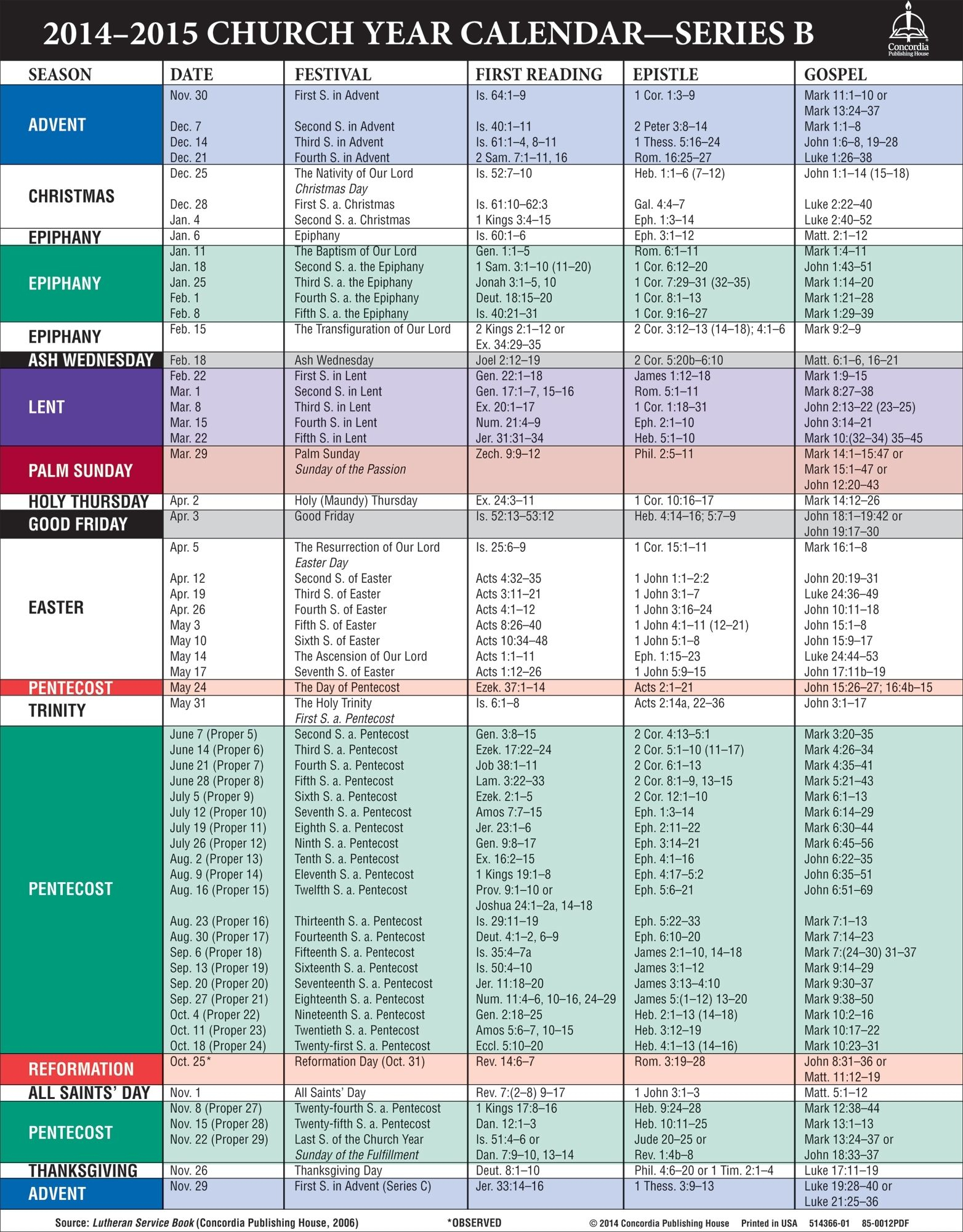
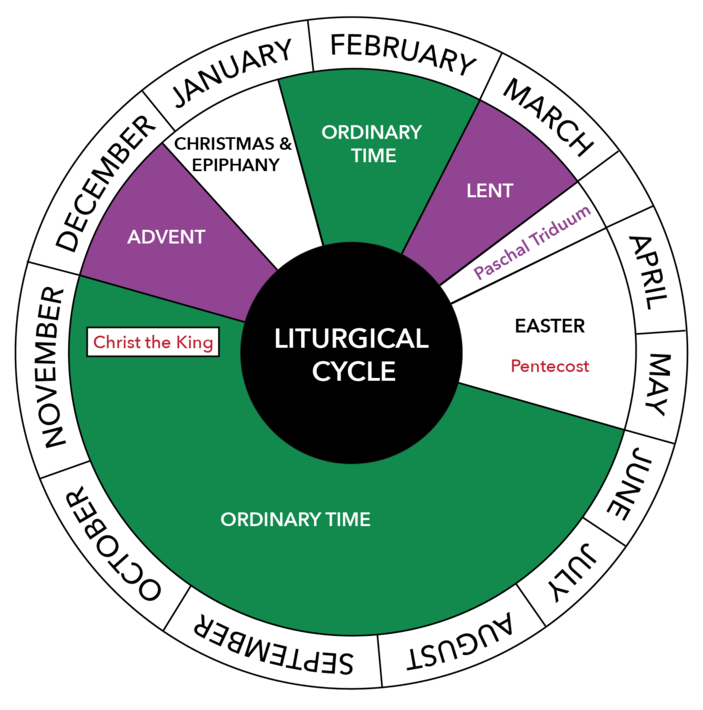
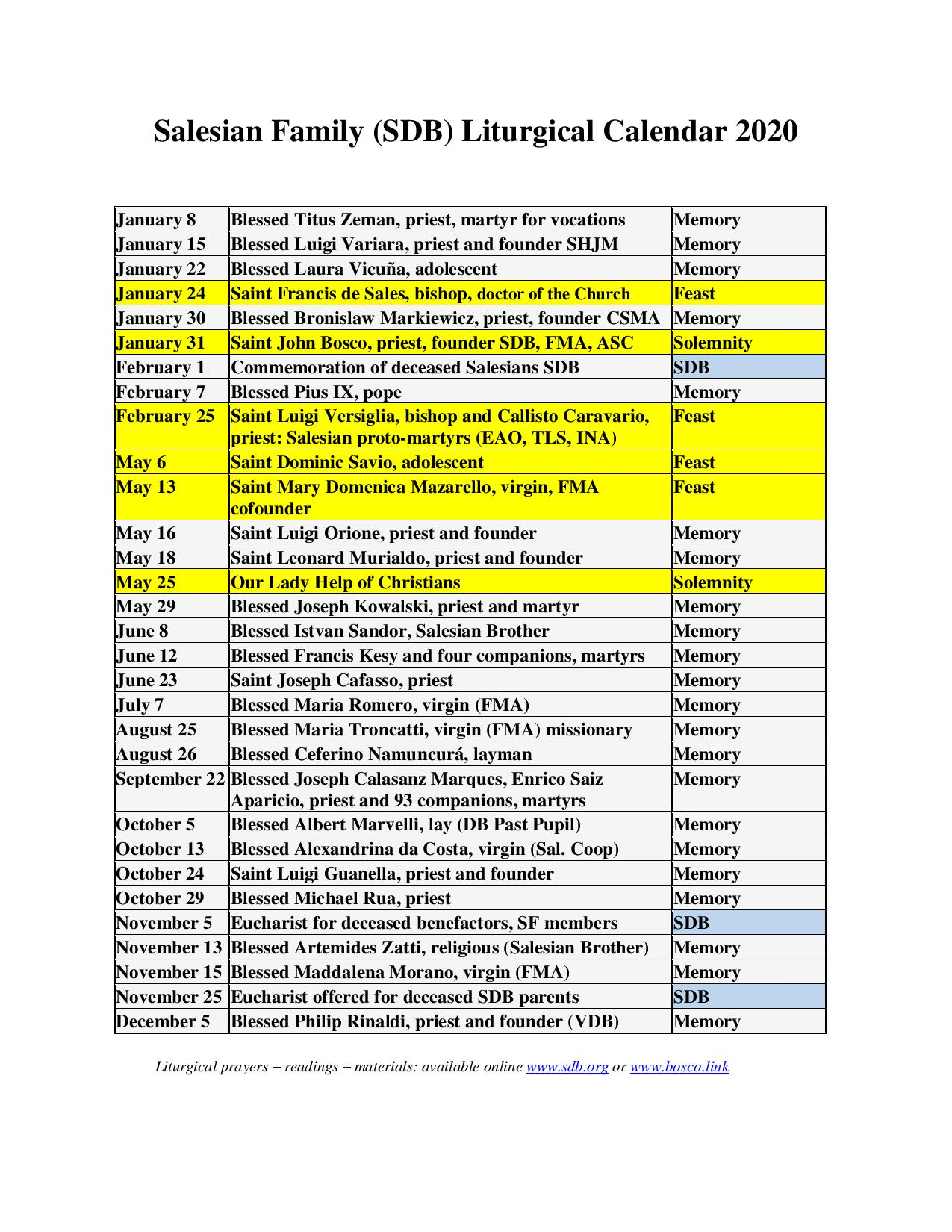
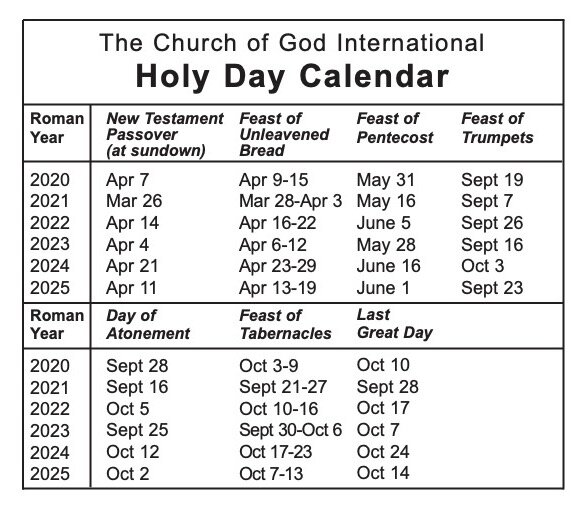
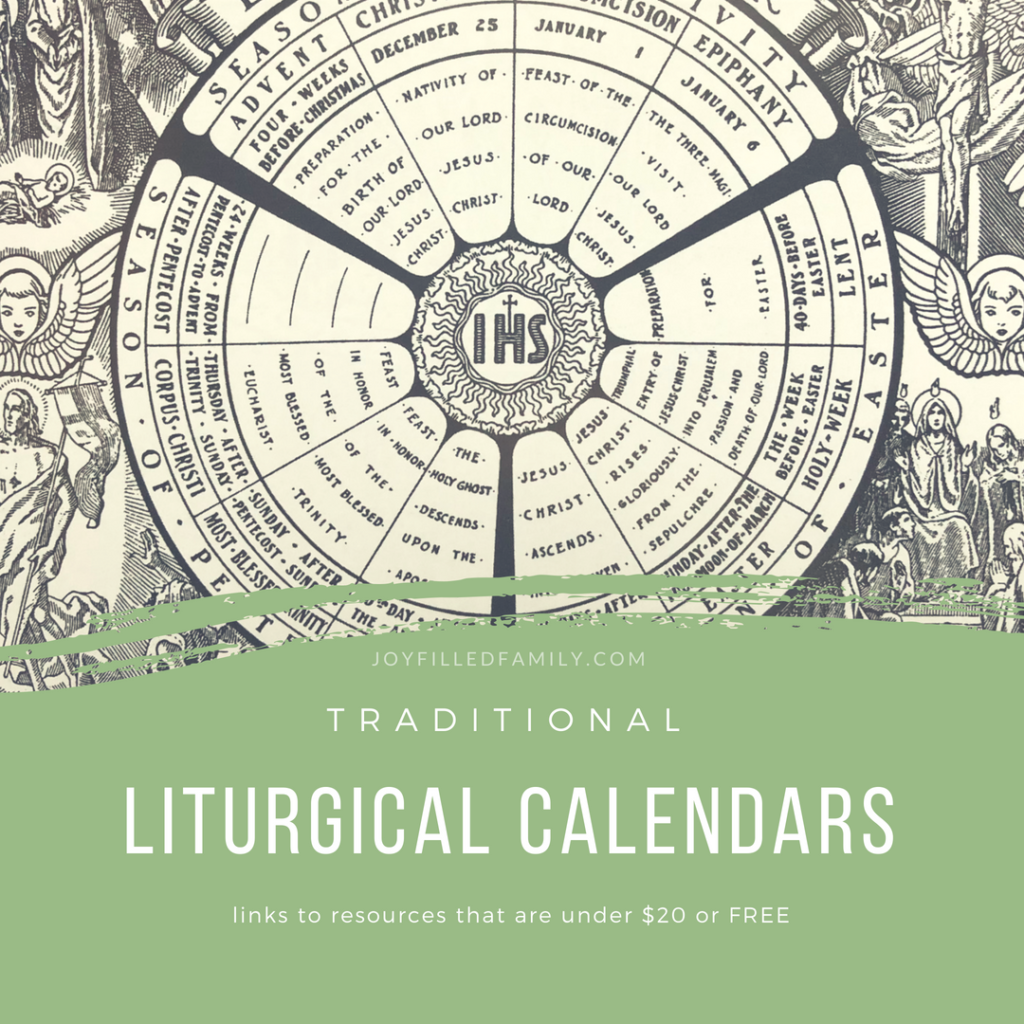


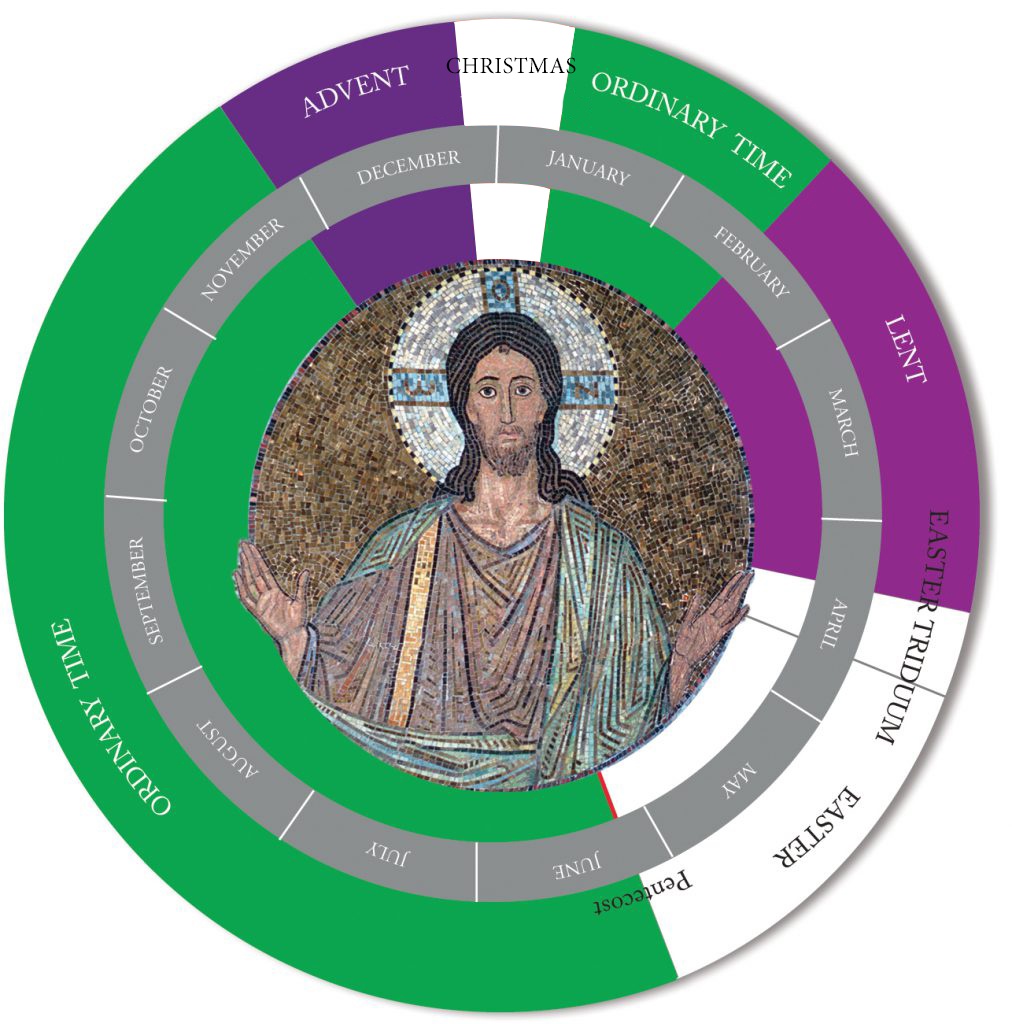
Closure
Thus, we hope this article has provided valuable insights into Navigating the Year of Grace: A Comprehensive Guide to Catholic Holidays in 2025. We appreciate your attention to our article. See you in our next article!